We live in historic times.
The history of our generations; Gen X, Millenials and Gen Z “Zoomers” will be defined by climate change, hyperinflation, societal upheaval and power struggles between different government, private and public interests. We are facing down a confluence of challenges that have not aligned in over 5,000 years, since the Bronze Age Collapse wiped out most civilizations from Southern Europe, North Africa and Western Asia – as well as everyone in between. This era of history saw the fall of many empires and famous civilizations across antiquity, as well as the loss of the knowledge of how to read and write across most of the ancient world. It’s causes? Epidemics, climate change, rapid technological shifts, mass migration, constant warfare and supply chain (aka “trade route”) disruptions.
As George Santayana once said; Those who cannot remember the past are condemned to repeat it. It seems as if despite all odds we may be heading down that path, circling the drain of diminishing returns and an inability to escape the cycle of decay.
Yet today is not like 5,000 years ago, as we have achieved two new abilities that were simply thought impossible until as recently as the 1800s; the ability to communicate instantaneously with anyone across the entire world and, of course, the ability to fly.
It is chiefly the former ability with which this article is concerned. It is the ability to communicate and share ideas across all modern civilizations instantaneously that may enable us to redirect the river of history we find ourselves now powerless to escape.
What will the metaverse be?
For me, the Metaverse is a pre-future simulation, which can enable humanity to create digital twins of potential futures, then use the collective power of our imaginations to invent, design and build societal structures that would be most efficient and beneficial should (or when) those situations occur.
I believe that the “Meta” in “metaverse” refers to the context that that digital world exists within. Context defines the meta and if you cannot define the context that the metaverse will exist within then how is it “meta” at all?
I believe that the metaverse is not solely a 3D VR world. I believe that it is, essentially, a connected role-play; a shared hallucination of potential realities that we interact with through a variety of mediums, from Web XR to online chat rooms to websites. These interactions could be meta-level, where they are within a simulation as a newspaper in a video game might be, or meta-meta, where they are within a simulation and reference the simulation itself, such as a website that talks about the newspaper inside the video game.
They could even be meta-meta-meta, where it is an in-game simulation of an airplane that is simulated by a theoretical control system that is also brought back into the real world to control a real aircraft that is based on the in-game simulation. So now you have a simulated aircraft being controlled by a simulated control system that is also used to design a real aircraft and the real version of the control system that controls that real aircraft and it can control the simulated one as well.
In my opinion, the goal of any metaverse should not be a full-dive digital escape from a dystopian reality as popularized by early 90s science fiction writers. I also do not think that it should be a global VR shopping mall like large companies want it to be so they can sell you goods on their closed ecosystem. The Metaverse can be much more than a virtual shopping mall or food court hangout.
The metaverse offers us an amazing opportunity to not only imagine but also to consciously design and test different futures for life on Earth. We need to use that; great leaps in humanity were not built to sell products, they were made because we wanted to push the boundaries of what we could do.
The Internet was not invented to sell products; it was invented to share knowledge.
Penicillin was not invented because someone wanted to sell OTC drugs; it was invented because they wanted to give humanity its first real weapon against infectious diseases.
The aircraft was not developed to sell vacation tickets; it was made to bring the world closer together, to allow us to do something that could never be done before.
I believe that the metaverse offers us an amazing opportunity to not only imagine but also to consciously design and test different futures for life on Earth.
Pre-future simulation and the metaverse give us the ability to tie together enough human minds to generate alternate realities and guide our civilization using empirically tested socioeconomic constructs.
Once you start attaching immersive 3D experiences, robotic manufacturing and a wide variety of communication mediums directly to the human imagination you have the power to not only imagine a new reality but make it happen. It is difficult to write a science fiction story today because it is likely that any fictional device could be made real within just a few years. We are advancing so quickly that fiction is becoming reality as quickly as we can dream it.
A Dungeon Master and five to six friends can generate cohesive worlds where literally anything is possible. Imagine what future realities a hundred, a thousand, or a hundred thousand minds can create. Imagine what governmental systems can be built, explored, manipulated, destroyed and improved in digital worlds? How fast could we evolve when we have thousands of minds connecting in ad-hoc experiments across the globe? Where would the virtual governments, virtual currencies and virtual inventions end – and reality itself begin?
Preparing for the Meta Context
The metacontext of the future is that the world of 2035 will be less stable, less energy-rich and more difficult to navigate than the world of today. The details are not important but it is frankly an unreaonsable assumption at this point to assume things will continue getting “better” along the same trajectory of the last 50 years.
In times like these, people are open to a lot more ideas than they would be when things are going well. Anything that promises stability and safety is enticing. This is a dangerous time because it could lead to populist figures rising up to take control of society for their personal whims. It is also a very good time to improve society because the old power structures are weak and there is space for a new world to grow between the cracks.
The promise of the metaverse is the transition from the analog world that the Boomers knew into the fully digital society that most people past Gen X have known.
Tying it into the Real World
One of the key tenets of the metaverse though is that it is not just a fantasy land, but something that impacts people’s lives with the same importance as the physical reality we are born into.
As I said earlier, the metaverse will exist to prototype new societal structures. Create your own D&D campaign, add some machine learning bots alongside the players and try to run society by the rules set out in the blueprint. Where this begins to impact people’s lives is in the concept of mutual aid, but to get into the specifics requires a quick philosophy refresher.
Social Contract Theory
Social Contract Theory is nearly as old as written history itself. In one of the more modern interpretations of it individual citizens exchange personal liberty for the benefits of living within a society. For example a citizen agrees not to steal and in exchange the mechanisms of society provide for protection and redress from theft of their own goods.
As physical society destabalizes it will open the door for virtual societies to recruit new members because traditional physical societies will be able to provide for less and less people within them. This is not even limited to the destitute; other people who have more resources (financial, physical, technical) might opt to participate as well because they get personal benefits out of that make it worthwhile to them.
In this way, the metaverse could become is not only a platform for prototyping new global societies but the digital underpinnings of them.
In this way, the metaverse could become is not only a platform for prototyping new societies but the digital underpinnings of them.
Rapid Societal Evolution
What I think we could see is a competition or at least, some sort of rapid evolutionary transformations of these societies as they compete for common resources (skilled individuals, resources and people’s attention).
The virtual societies that are best able to fulfill the obligations of their social contracts will be more likely to grow.
In layman’s terms; if I get a free airplane when I join an Internet Club, I am more likely to join that club so long as its rules do not overtly offend my personally held beliefs. I am provided aid and in exchange I participate in the society and play by it’s rules.
In more realistic terms I could provide my healthcare expertise to the society and in exchange be paid in food, services or cryptocurrency, taken from a generalized tax of other members that can then be converted back into my national currency of choice. I could get national healthcare through my Digital Tribe regardless of the physical borders of my nation-state of residence.

The Dark Side of Progress
Of course with this unfettered freedom to create new societies full of both real and artificial humans, the question of morality comes into play. It is naïve to say that the society most likely to win out in this free market of ideas would be the one that is the most fair, or provides the most for it’s citizens or some lofty goal like that. As we have witnessed in this stage of late capitalism, there are too many external and competing factors that may force superior products to give way to worse or even outright useless ones.
It would also be naïve to try and enforce any sort of dogmatic standards on how these societal simulations should be conducted because people will naturally ignore them.
It is for this reason that the primary bullwark against populism, trickery and outright malicious intent lies in better education, or more specifically that old video game standby; the tutorial.
If you are not a person who has played many video games they generally all start with a simple tutorial section that is meant to teach you the ropes of the game before you get into it. These typically concern commands like “crouch” or “build”.
In the context of the metaverse these tutorials would take the place of an abbreviated socialized education, where everyone starts off on an equal footing. A brief primer on social history, cybersecurity, how to spot a scam and how to look out for populist rhetoric would go a long ways in keeping the worst elements of human society at bay.
It is not foolproof, but it is a start. Education is the key to our future and it is important that anyone who wants to participate in that future know the dangers of the past.
More to come on this later.
Meet the New Humans
If we can keep the thread of progress going and return to an equilibrium with life here on Earth for the long term, then we are moving along a road that will take us to unimaginable places.
Today we have two major technologies that were literally thought of as impossible a mere 8 or 9 generations ago. Flight and long-distance communications. If we can keep these advancements going and not just maintain them but evolve them as well then the journey we will embark on will be different than any other in human history.
These technologies, by virtue of their very nature, mean that any future society that retains them will be fundamentally different than any society in humanity’s past. We have the opportunity to grow beyond our ancient past and enter a new Year Zero: the time after this Change.
Empires rise and fall like the abdomen of God. It’s just the universe breathing. – Wes Nisker
This is not to say we will reach utopia. In fact, utopia seems like it might be the end of civilization if we extrapolate from the results of John Calhoun’s research.
Pain and suffering will continue; such is the wheel of existence. But if we cannot change the wheel, then perhaps we can change the road.
The potholes can become less deep; the ruts less difficult to get out of. The sights less full of plastic and concrete and more green and bountiful.
Humans of the future, should we exist as a global society, will probably look back on this time as harsh, unforgiving and perhaps unenlightened. They will still suffer individually; the death of a pet, the worry of the world. But if we can do better, if we can continue down our path then perhaps they will not worry about the threat of nuclear war. Perhaps the thought of death will be less painful, because our lives will be so much longer. Maybe these things will happen. But we will not know, unless we can make it through this squeeze.
Should we do so, should we keep along this thread, then the humans of tomorrow will be fundamentally different than those of today. You can see it already; the Internet has created a global culture. The post-Boomer generations are (at least from my generalized observations) less selfish, more accepting and more aware of the delicate and precious nature of life on Earth.
The metaverse can help us continue this growth and in another 8 or 9 generations our descendants will know a world that could not have been possible without the technology that we possess today. An empire dying in 2200 may be just as terrifying as it is today, but the depth of that despair may be much less.
The Structure of the Singularity
The technological singularity—or simply the singularity—is a hypothetical point in time at which technological growth becomes uncontrollable and irreversible, resulting in unforeseeable changes to human civilization. Wikipedia
Thank you for reading. In my next article I will share my thoughts on the architectural design of the metaverse as well as the structural makeup of the Singularity itself, including the range of technologies that are feeding into it that will guide the creation of our new global society.
I will use examples from my experiences within each of these technological realms as a springboard to discuss how they will interact with the metaverse and where I see the practical applications of the theory laid out in this initial post.
If you have any questions please don’t hesitate to reach out through my website, through my email (jordan [at] elevons.design) or on Discord; UnknownTarget#3451.
Until next time!
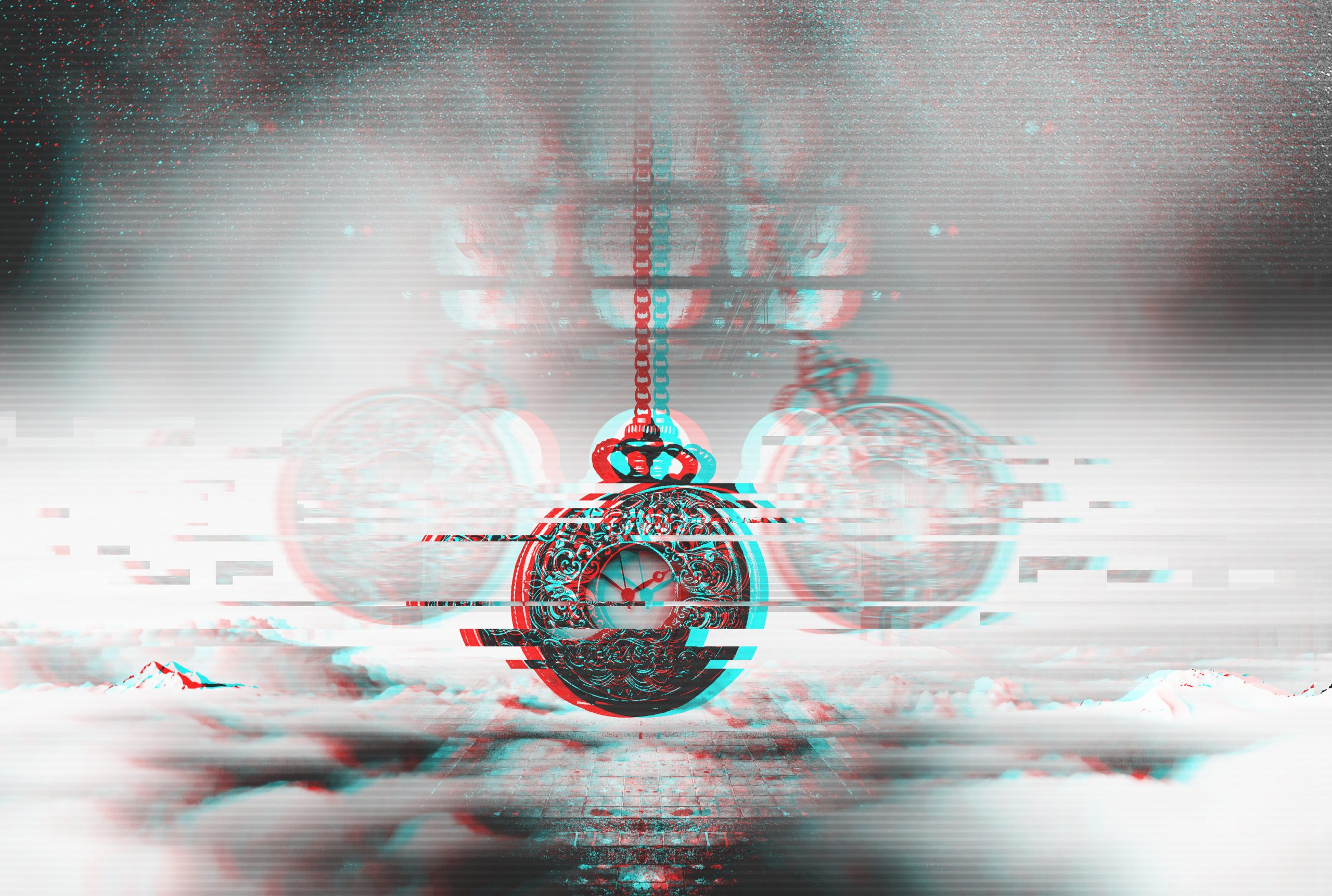
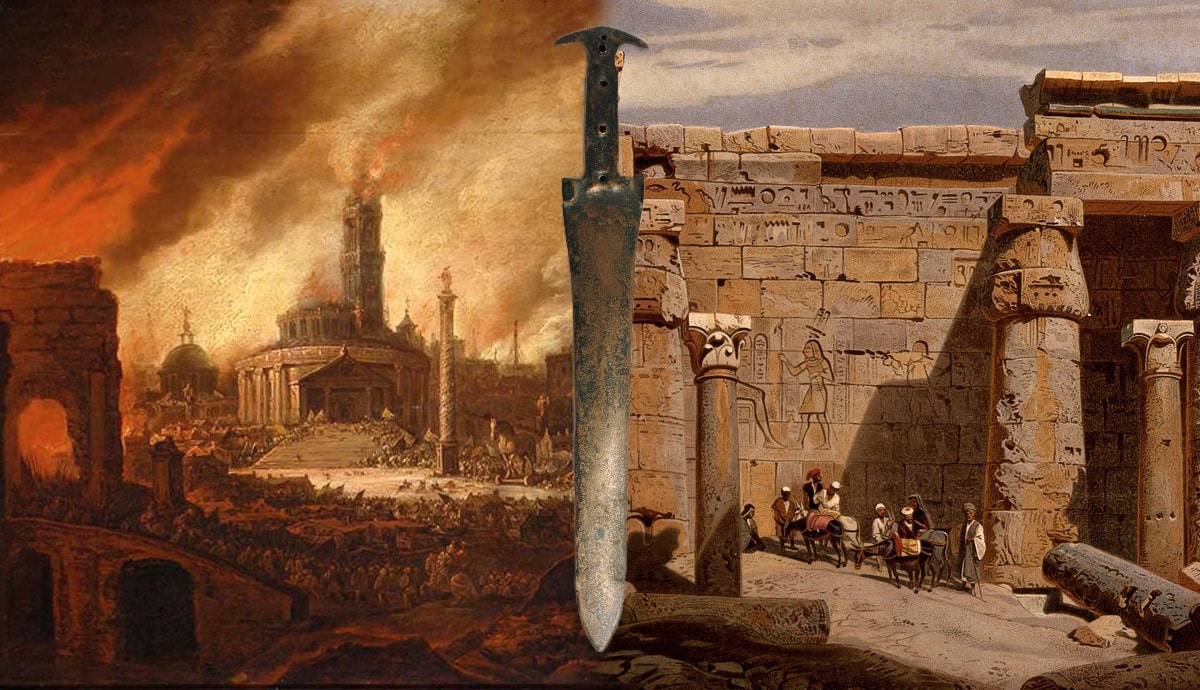
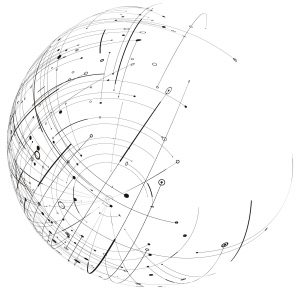
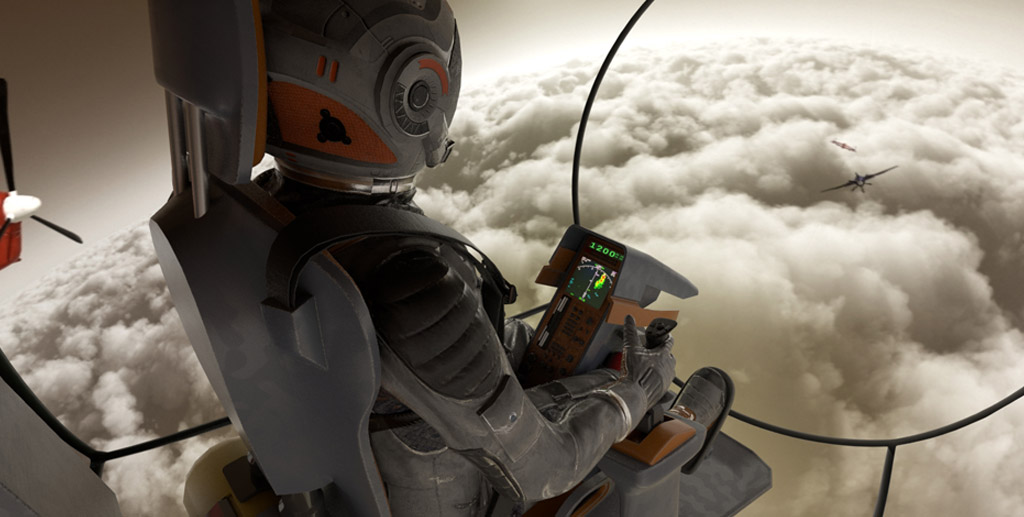
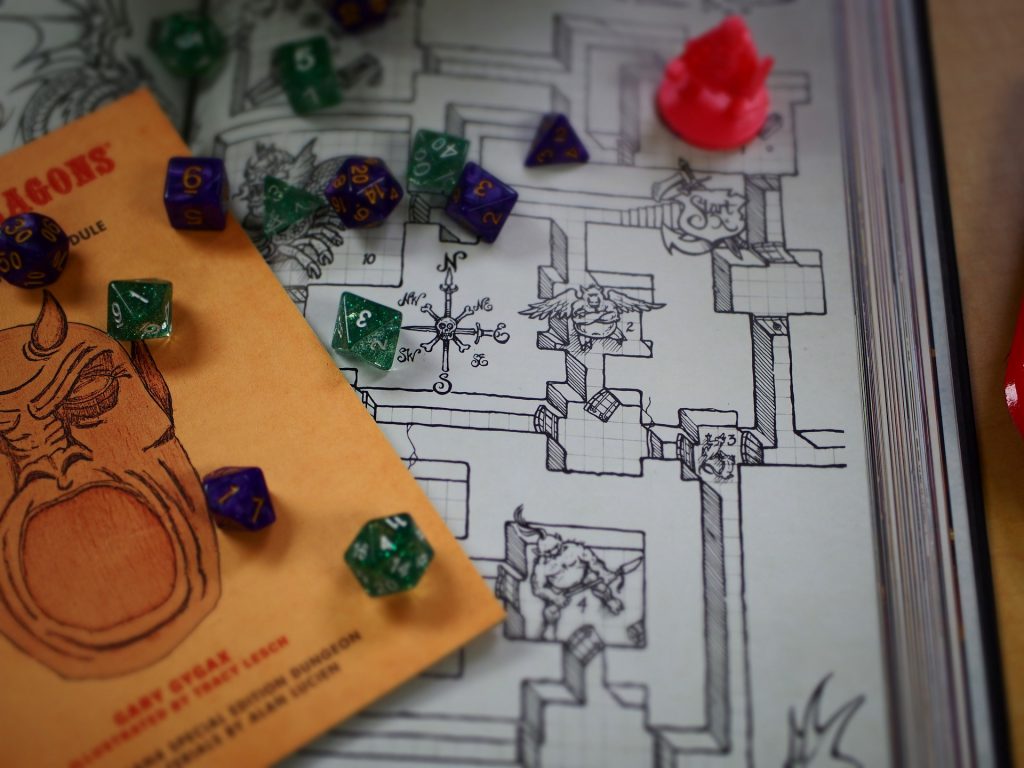
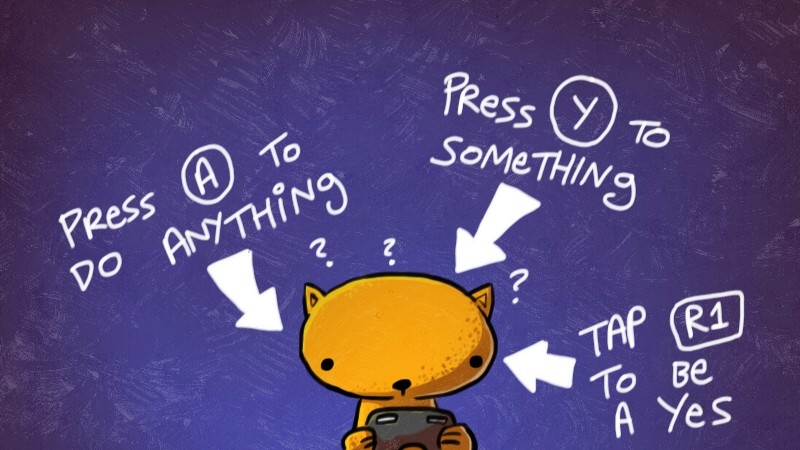
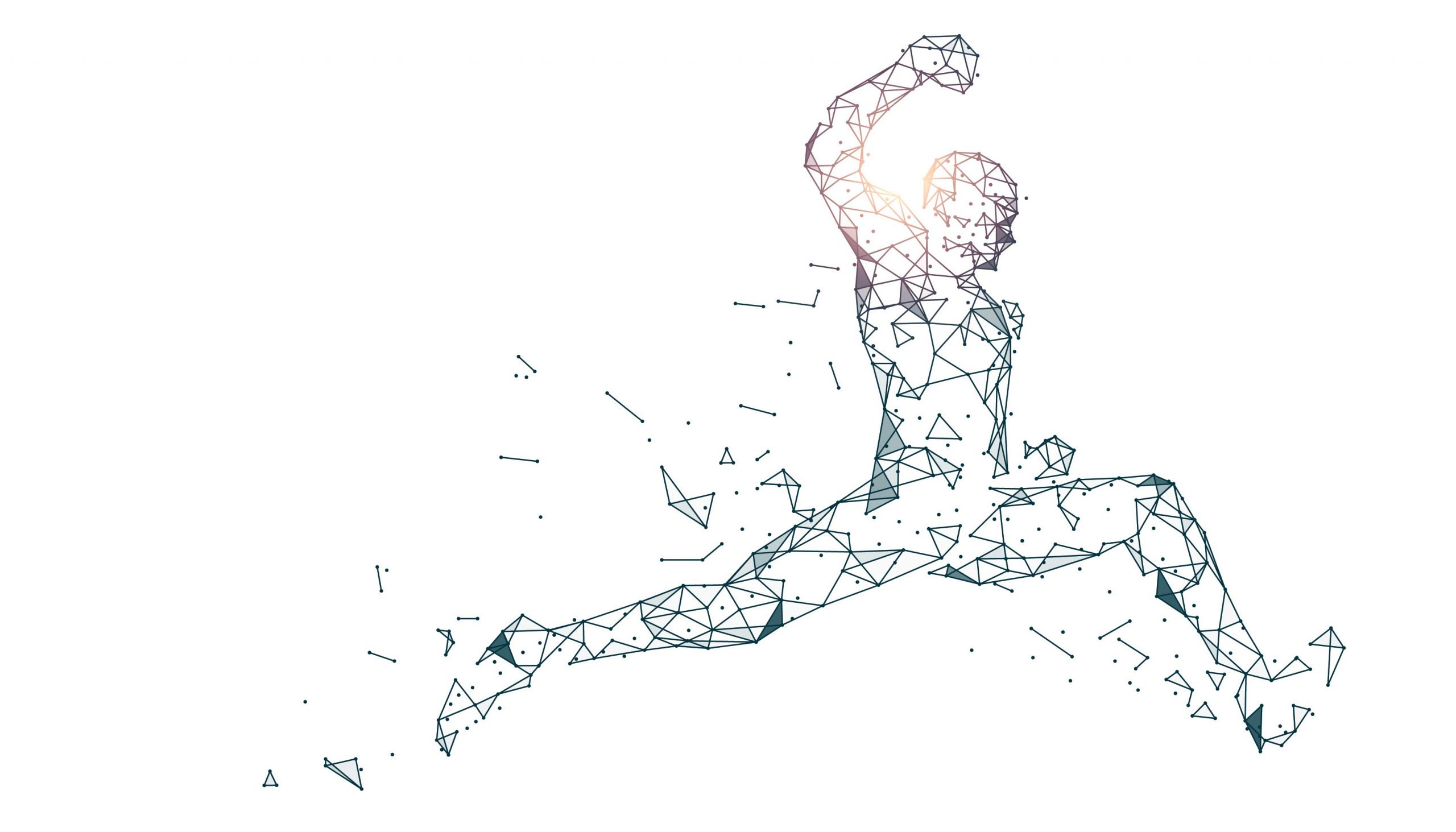
[…] my first article, “The Metaverse“, I said […]